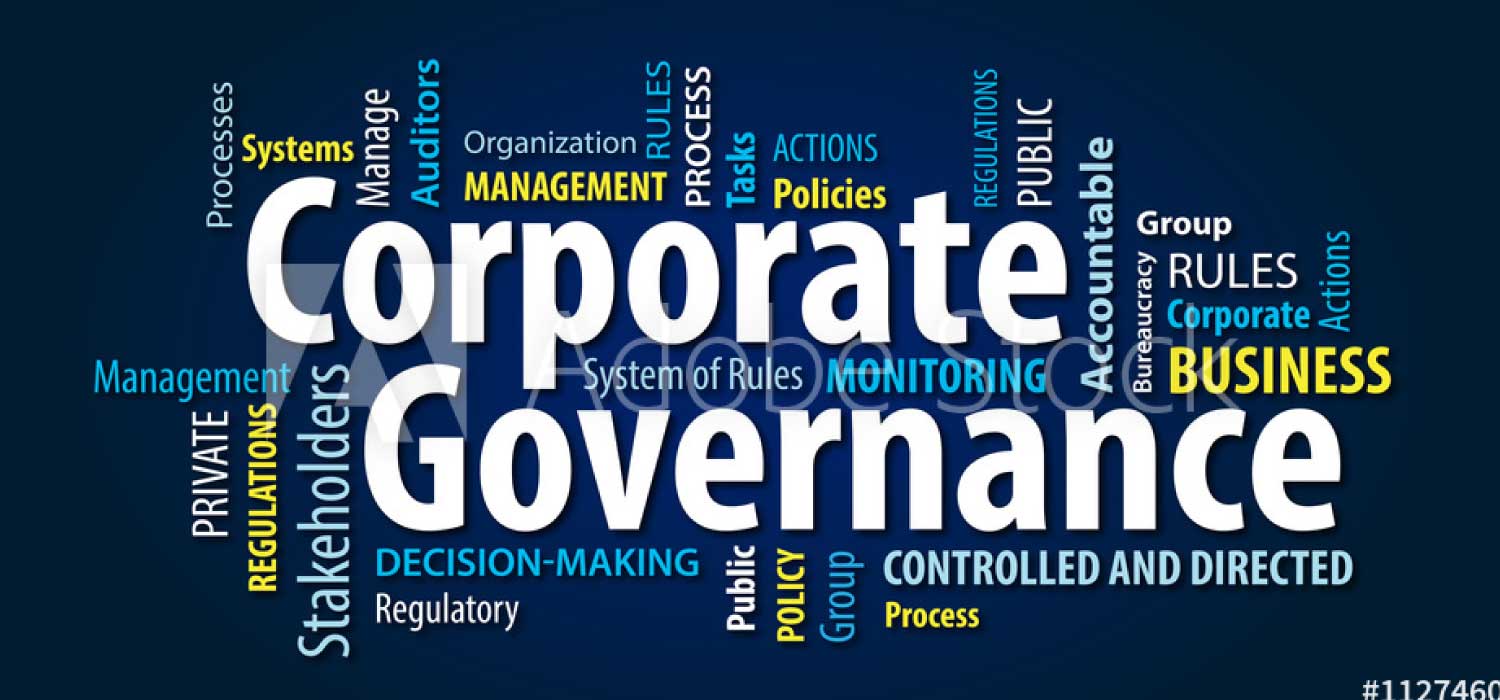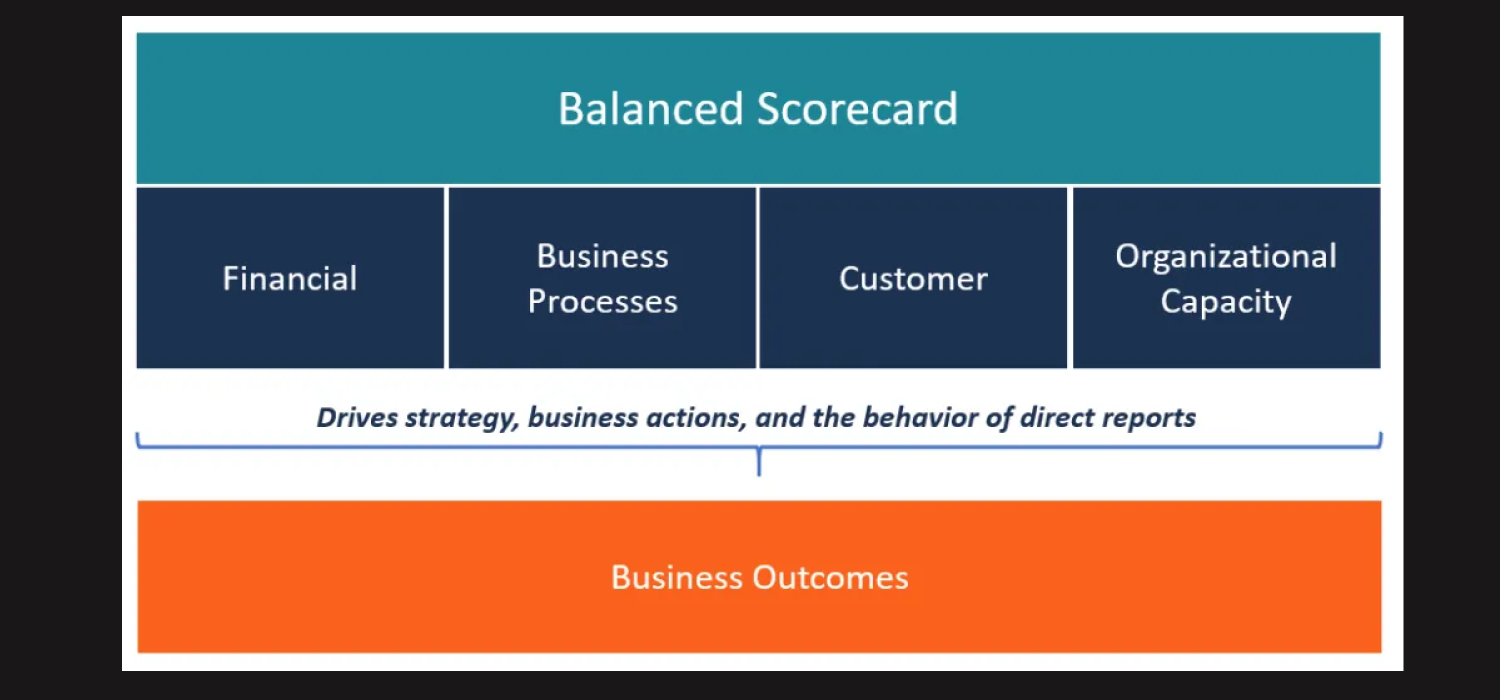Corporate Governance and Business Ethics
Corporate Governance, Business Ethics, and Corporate Social Responsibility Course
Corporate governance refers to the set of rules, practices, and processes that guide how a company is managed and controlled.
A corporate governance course is a training program that helps individuals understand how companies are managed, directed and controlled to ensure transparency, accountability and ethical practices.
Objectives of corporate governance
- Understand the principles of corporate governance
- Learn about legal and regulatory frameworks
- Explore board governance and responsibilities
- Promote ethical business practices
- Enhance risk management
- Understand shareholder rights and engagement
- Learn about executive compensation and incentives
- Address sustainability and corporate social responsibility
- Strengthen financial reporting and disclosure
- Develop effective internal control and compliance mechanisms
- Explore international perspectives and best practices
Who should enroll in a corporate governance course?
- Board members and directors
- Executives and senior managers
- Compliance officers and legal professionals
- Shareholders and investors
- Individuals in roles focused on risk management and internal audit
- Corporate secretaries and governance professionals
- Business consultants and advisors
- Students and researchers
Business ethics refers to the study of moral principles and ethical dilemmas that arise in a business environment. It involves evaluating and applying ethical principles and standards to business practices and decision-making processes.
A business ethics course is a training program that educates individuals about ethical principles, values and decision-making frameworks relevant to the business context. It explores ethical issues that arise in various business functions and provides guidance on making morally sound decisions.
Objectives of Business Ethics Course
- Understand ethical theories and frameworks
- Apply ethical principles to business practices
- Identify and manage ethical issues
- Foster ethical leadership
- Promote corporate social responsibility
- Enhance stakeholder management
- Navigate ethical challenges in globalization and diversity
- Address ethical issues in technology and digital business
- Develop ethical decision-making skills
- Enhance reputation and stakeholder trust
Who should enroll in a business ethics course?
- Business professionals
- Students and researchers
- Entrepreneurs and business owners
- Compliance officers and legal professionals
- Consultants and advisors
- Corporate social responsibility practitioners
- Anyone interested in ethical business practices
Social responsibility refers to the ethical and voluntary actions taken by individuals and organizations to contribute positively to society. It involves considering the impact of one’s actions on various stakeholders, including employees, customers, communities and the environment and taking steps to address social and environmental issues beyond profit-making.
Corporate social responsibility (CSR) refers to a company’s commitment to operating in an ethical and socially responsible manner, considering the impact of its actions on stakeholders and the environment.
A corporate social responsibility course is a training program designed to educate individuals about the principles, practices and strategies of CSR.
Objectives of a corporate social responsibility course
- Explore the business case for CSR
- Learn about stakeholder engagement and management
- Develop skills in CSR strategy development
- Enhance environmental sustainability practices
- Understand ethical business practices
- Explore social impact initiatives
- Develop effective reporting and communication skills
- Foster responsible leadership
Who should enroll in a corporate social responsibility course?
- Corporate executives and business leaders
- CSR professionals
- Sustainability managers
- Entrepreneurs and business owners
- Nonprofit and NGO professionals
- Students and researchers
- Consultants and advisors
Enroll in the Corporate Governance, Business Ethics, and Corporate Social Responsibility course to gain essential knowledge and skills that will empower you to lead ethically, drive responsible business practices and ensure effective governance, fostering sustainable success and positive societal impact.
Enroll today by contacting us via this email address info@suitablenetwork.com. You can as well send us a WhatsApp message on +254722717744.








